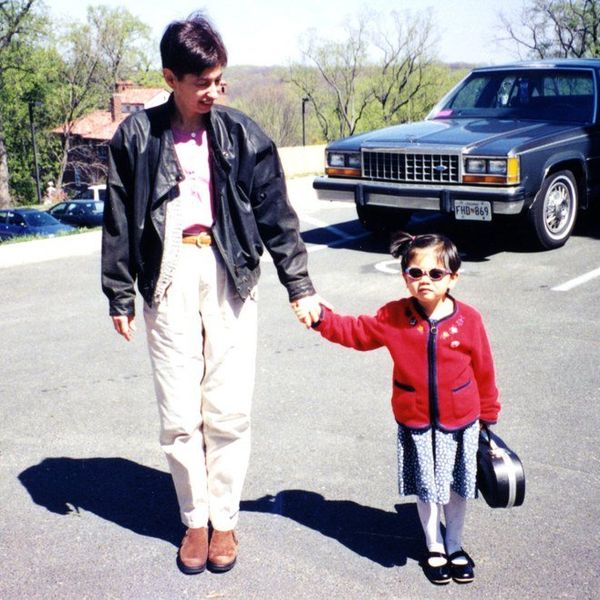Picture this scenario: an organization with an exceptionally diverse staff, including individuals from numerous ethnic and cultural backgrounds and also those who identify with various genders, has come across a problem where thoughts and ideas are not equally shared among meetings. Some minorities feel as if it is difficult to speak up due to the overwhelming majority of white co-workers. Some LGBTQ individuals are over conscious and don't know how to chime in when they have something to say. So, to deal with these concerns, the organization hires a facilitator. A professional that is dedicated and is paid (very well, on the higher end of six digits) to facilitate meetings at organizations so that everyone is valued and appreciated, creating a much more dynamic and productive meeting. Employees are called in for the meeting and is sat down at a table (seating structure is most likely designed so that everyone faces each other, so that it makes bouncing of ideas much more interactive). And the facilitator introduces himself as the facilitator, and first things first, he asks everyone to introduce themselves by stating their name, position at the organization, and where they’re originally from. The first employee states her name, her position, and her hometown, then adds in a little comment about how her inner “hometown slang” will slip out once in awhile. After a casual yet professional laugh among the employees, the second employee introduces himself. Coincidentally, the facilitator and the second employee have met one another before, so the facilitator was well aware that the employee was born in the Caribbean. The employee states his name, his position, and with pride, says that he is from the Bronx, New York. As soon as he states that, the facilitator nods and with a smile asks,
“where are you actually from?”
Of course the employee clarifies he was born in the Caribbean and explains that he was raised in the Bronx. Later, the facilitator spoke on the necessity of introductions along with extra information, like hometowns, so that individuals in the meeting may have a little more of a personal connection with their co workers, creating willingness to speak up. But that second employee, the one who was “actually” from the Caribbean, rather than the home he identified with more, felt a disconnect as soon as the facilitator himself asked him to clarify where he is from. The facilitator was not wrong, he was doing what he was originally aiming to do: to connect the individuals through their hometown or where they were born. But somehow this second employee felt farther away from his co-workers now that they knew where he was originally from. His birthplace has now become a representation of his character, habits, diet, hobbies, and even reputation. Now his co-workers have unwillingly generated an image of him that does not necessarily represent him. From past, personal experiences from readings, media portrayals, and stereotypes in general, the human mind puts together a puzzle pieced together by made up pieces. And unless one is conscious of this phenomena, an individual will rely on that made up image and begin to assume things about this second employee that is completely wrong.
It’s easy to assume, prejudge, and rely on bias. It’s even easier to ignore the fact that these assumptions are assumptions. That they are built off of inaccurate representations of communities filled with individuals with unique experiences and realities. Just like it’s much easier to remember a phone number by grouping sets of numbers, it’s easier to identify people by grouping them into their community. The second employee sees himself as a proud American Bronxite, yet the facilitator who is paid to include members of a meeting, unconsciously excluded the American by pointing out that he is an immigrant. As generations pass, individuals become much more diverse, especially in the U.S.A. Individuals with unconventional backgrounds, with 1st, 2nd, 3rd, and 4th generation parents. The diversity in this world grows constantly, a melting pot.
I am Japanese and Dominican with first generation parents, I love fried plantains and natto. Enka brings nostalgia and merengue gives me life. But someone sees me and is confused, they don’t know what to assume because they’ve never met a Japanese-Dominican. Dominicans say I am not Dominican and Japanese people say I am not Japanese. Americans trip out because they don’t know how to label me. My father told me this is a blessing. My background forces people not to make those assumptions that the second employee was a victim of. People are forced to see me as a human being, an individual rather than a component of something bigger. I used to see it as a curse. I rarely meet family members, I can’t belong to a community of shared blood, it’s difficult to have pride in somewhere you barely set foot on.
In no ways or means am I saying that this bias or grouping is wrong or right. I am not enforcing my own values upon anyone, just an observation of an ironic phenomena. As soon as you ask someone where they are from, or to clarify where they are born or where they were raised, you are automatically creating an image for yourself, of someone you might barely know. People have pride and a wanting to belong to something bigger like a community or a country, but the identification of this belonging will label you, categorize you into a building block identical to the block next to you. We want to be unique, but enforce the exact thing that makes us the same as the one before and after us.





















